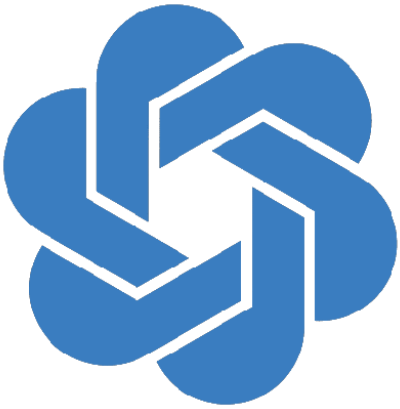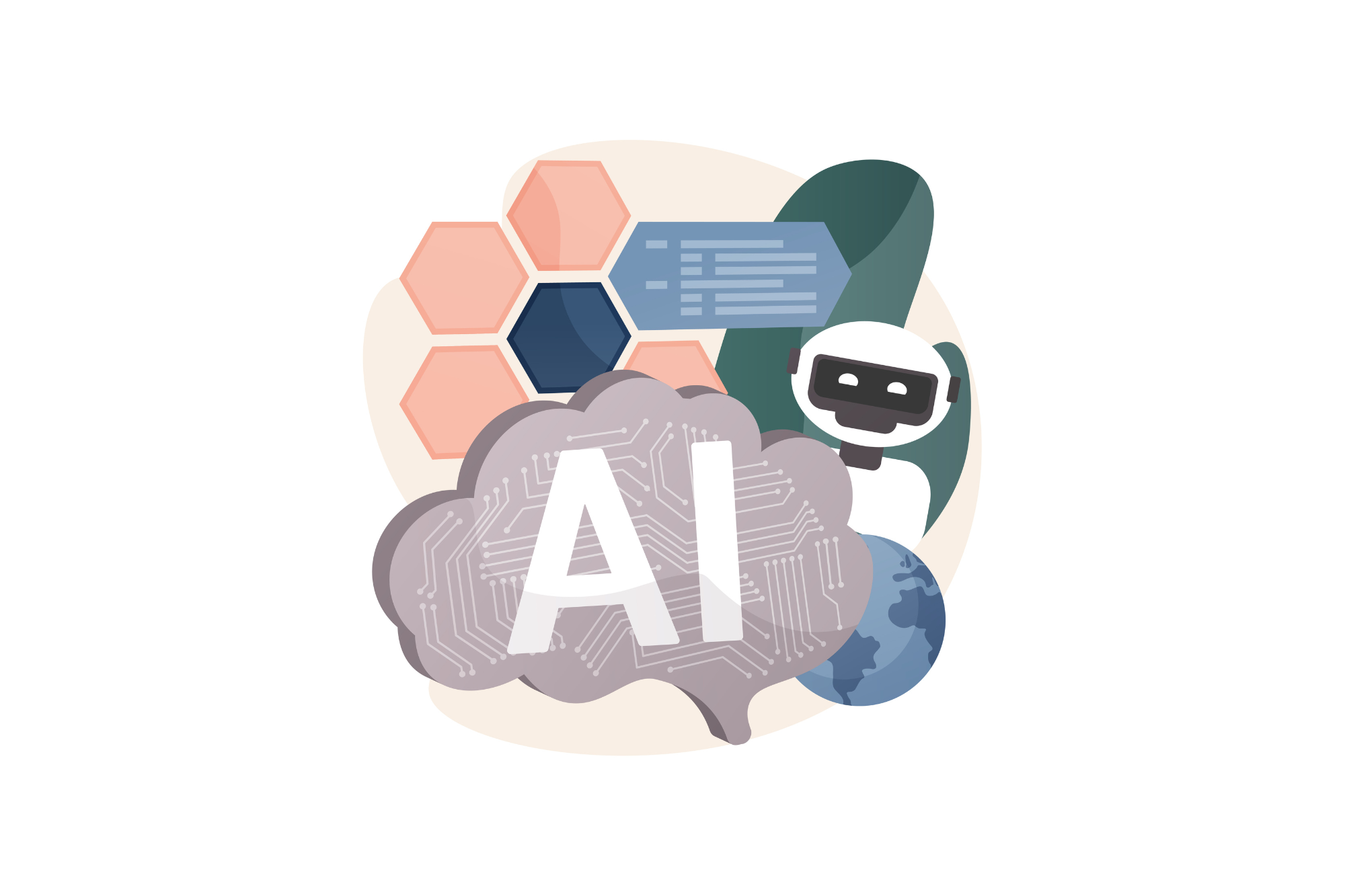Artificial Intelligence (AI) is a rapidly evolving field that has captured the imagination of researchers, developers, and the general public alike. Amidst the hype and speculation, a crucial question emerges: “Which statement is true regarding artificial intelligence?” In this blog post, we will continue exploring various statements about artificial intelligence and unveil the nuanced truths that shape the AI landscape. Here, we venture into the maze of AI, debunking common misconceptions and revealing key truths that shape its present and future.
Statement 1: AI is Sentient And Poses an Existential Threat to Humanity
Even though AI can learn and change, it’s not like it’s a thinking or feeling being. It works by following really smart instructions and looking at a ton of information, not by having its own thoughts or feelings. It’s important to develop AI responsibly, but worrying about robots taking over is like being scared a fancy calculator will control you – it’s not likely to happen.
Truth: AI is a powerful tool, and like any tool, its impact depends on the intentions and actions of its users. Focusing on ethical development and responsible deployment ensures AI serves humanity, not the other way around.
Statement 2: AI Will Steal All Our Jobs
Automation through AI is undoubtedly transforming the workforce. However, the notion of mass unemployment is an oversimplification. While some jobs will be replaced, new ones will emerge, demanding different skillsets.
Truth: AI will reshape, not eliminate, jobs. The focus should be on reskilling and upskilling the workforce to adapt to the changing landscape, ensuring a smooth transition and maximizing the benefits of AI-powered work environments.
Statement 3: AI is a Magic Black Box, Its Workings Shrouded in Mystery
While the intricacies of deep learning algorithms might seem complex, the fundamental principles behind AI are not magic. Most AI systems rely on statistical methods and pattern recognition, making them understandable with proper education and effort.
Truth: Demystifying AI is critical for building trust and fostering responsible development. Open-sourcing algorithms and promoting transparency can help the public understand how AI works and engage in informed discussions about its applications.
Statement 4: Only Large Tech Companies Can Develop and Utilize AI
The misconception that AI is solely accessible to tech giants is fading fast. Cloud computing and open-source tools are democratizing access to AI, empowering smaller businesses and individuals to experiment and innovate.
Truth: The AI landscape is diverse and dynamic. Collaboration between various stakeholders – startups, research institutions, and established companies – is crucial to fostering inclusive and responsible development, ensuring AI benefits everyone.
Statement 5: AI is solely about robots and machines.
While robots often capture the spotlight, AI’s impact extends far beyond physical manifestations. From language translation software to personalized healthcare solutions, AI invisibly weaves itself into various aspects of our lives.
Truth: AI is a broad field with diverse applications beyond robotics. Recognizing its multifaceted nature helps us appreciate its widespread influence and potential to improve various aspects of human experience.
Navigating the complex world of AI requires both caution and optimism. By debunking myths and acknowledging truths, we can foster a more informed and productive dialogue about this transformative technology. Remember, AI is not a magic bullet, but a powerful tool. The responsibility lies with us, as users and developers, to wield it wisely and ethically, shaping a future where AI empowers, not endangers, humanity.
Some Additional Points to Consider
- Regulation and governance: As AI applications become more widespread, robust ethical frameworks and regulations are crucial to ensure responsible use and mitigate potential risks. This includes addressing issues like bias, privacy, and safety.
- Bias and fairness: equitable AI applications. This requires diverse teams involved in developing and deploying AI, using debiasing techniques, and promoting transparency in algorithms.
- Privacy and security: Protecting personal data and ensuring individual privacy is paramount in the development and deployment of AI systems. This includes implementing robust security measures, obtaining informed consent for data collection, and providing individuals with control over their data.
- Human-AI collaboration: While AI excels at certain tasks, human judgment, creativity, and emotional intelligence remain irreplaceable. The future lies in fostering effective collaboration between humans and AI, leveraging the strengths of each to achieve optimal results.
- Global collaboration: The potential of AI extends beyond national borders, requiring international cooperation on ethical guidelines, responsible development, and addressing potential challenges. This includes sharing best practices, fostering joint research efforts, and ensuring equitable access to AI benefits for all nations.
By continuing to learn, discuss, and collaborate, we can ensure that AI remains a force for good, shaping a brighter future for all. This future necessitates responsible development, continuous learning, and an open mind to the possibilities that lie ahead. As we navigate the maze of AI, let us remember that the key lies not in fearing the unknown, but in embracing it with a spirit of curiosity, collaboration, and ethical responsibility.
Conclusion
AI is a powerful tool with the potential to revolutionize various aspects of our lives. By understanding its true capabilities, debunking myths, and adopting a proactive approach to its development, we can harness its power for good. The future of AI is not predetermined; it is ours to shape. Let us choose wisely, ensuring that AI serves humanity, not the other way around.
Frequently Asked Questions
What is AI, really?
AI stands for Artificial Intelligence. It’s not magic or sentient robots, but rather clever tools that learn from data to perform tasks or make predictions. Think of it as a super-powered calculator that can analyze massive amounts of information and identify patterns.
Will AI steal my job?
Some jobs will change due to AI, but new ones will emerge requiring different skills. Focus on building skills in areas like creativity, critical thinking, and problem-solving to stay ahead of the curve.
Is AI only for tech giants?
No! Cloud computing and open-source tools make AI accessible to everyone. Anyone can learn and experiment with basic AI tools, regardless of their background.
Is AI safe?
Like any tool, AI needs responsible use. We need to address potential risks like bias, privacy, and ethical considerations to ensure AI benefits everyone fairly and safely.
What’s the future of AI?
The future is wide open! By working together, we can guide AI development towards positive outcomes that improve our lives, from personalized healthcare to smarter cities.
What can I do?
Stay curious, learn about AI, and get involved in discussions about its responsible development. Your voice matters in shaping the future of this powerful technology.

